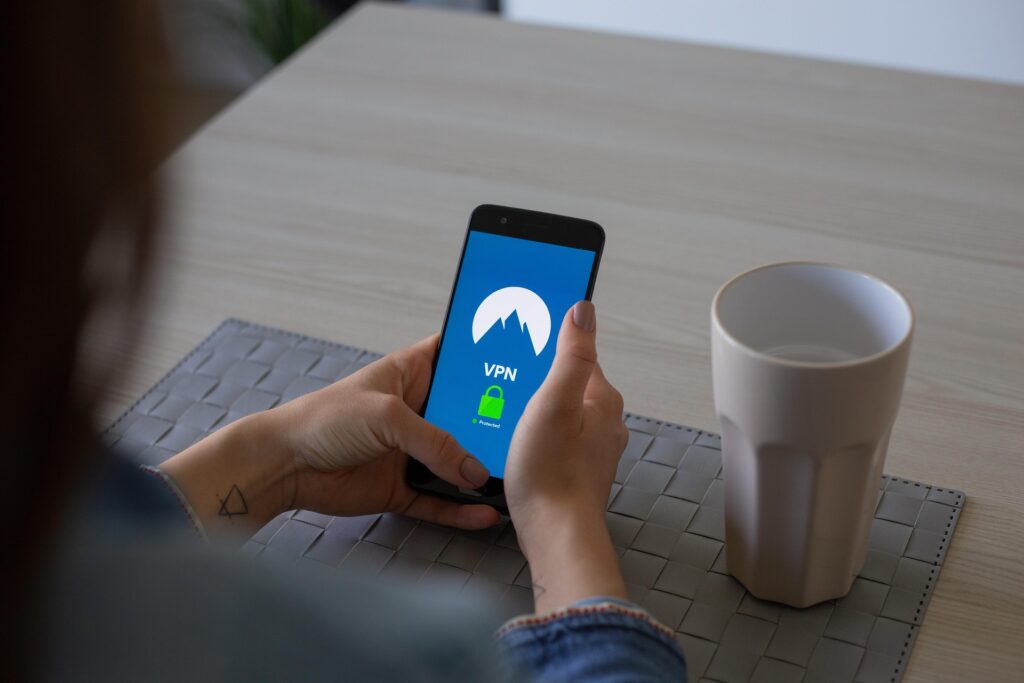Using Virtual Private Networks (VPNs) and Encryption to Safeguard Your Online Privacy in 2025

Using Virtual Private Networks (VPNs) and Encryption to Safeguard Your Online Privacy in 2025
Protecting your online privacy has never been more important than it is in today’s world, which is seeing an increase in the number of data breaches, online monitoring, and efforts to hack into your account. A digital footprint is left behind each time you surf the internet, make a purchase, or log in to an online account. This digital footprint may be followed by advertising, hackers, or even cybercriminals.
You are fortunate to have access to sophisticated tools that enable you to exercise control over your personal data, such as Virtual Private Networks (VPNs) and encryption technologies. In the year 2025, these tools are more advanced, quicker, and more easily available than they have ever been. Allow me to explain how they function and how you may use them to protect yourself while you are online.
In 2025, Why Privacy Online Is Still Important
- The new currency is found in data: Companies and marketers gather information about you in order to monitor your preferences and behaviors.
- Hackers are targeting sensitive information such as passwords, financial data, and personal details as the perpetrators of cybercrime continue to rise.
- Risks associated with public Wi-Fi: If you use free Wi-Fi at places like airports or cafés without using a protection system, your data will be exposed.
- Secure browsing, the protection of sensitive data, and the avoidance of illegal monitoring are all possible with the help of virtual private networks (VPNs) and encryption.
What exactly is a virtual private network (VPN), and how does it function?
A Virtual Private Network, sometimes known as a VPN, is a service that encrypts your internet connection and conceals your true IP address by directing your traffic via a secure server. This makes it very difficult for hackers, internet service providers, or websites to monitor your activity while you are online.
Advantages of Utilizing a Virtual Private Network:
- Hide your Internet Protocol address: It safeguards both your identity and your whereabouts.
- Make use of public Wi-Fi networks in a secure manner to prevent hackers from stealing your info.
- Reach stuff that is restricted: Streaming platforms may be circumvented by avoiding geographical limitations.
- Improved privacy: prevents your Internet service provider from monitoring your surfing history.
To begin, what exactly is encryption, and why is it so vital?
When your data is encrypted, it is transformed into a code that cannot be read while it is being sent over the internet. It can only be decoded by someone who has the appropriate key. This guarantees that your communications, emails, and transactions conducted online will remain confidential.
Typical forms of encryption in the year 2025 are as follows:
Encryption from beginning to end (E2EE): This feature, which is used by WhatsApp and Signal, ensures that only you and the receiver may view your communications.
AES-256 encryption is a standard for encryption that is classified as military-grade and is used by leading VPN providers and financial organizations.
Protecting Your Privacy Using Virtual Private Networks and Encryption
1. Select a VPN Service That You Can Trust
VPNs are not all created equal. Try to find a service provider that provides:
- A policy of no logs: They do not keep a record of your internet history.
- Encryption using AES-256: For the highest possible level of safety.
- In order to improve browsing and streaming, having fast servers and worldwide coverage is essential.
- NordVPN, ExpressVPN, Surfshark, and ProtonVPN are the best virtual private networks (VPNs) in 2025.
2. Make use of applications that provide encrypted messaging
End-to-end encryption is used by applications such as Signal, WhatsApp, and Telegram (secret chats), which guarantees that your private discussions will remain completely confidential.
3. Deactivate HTTPS on all websites.
Visit just those websites that employ HTTPS, which stands for secure protocol. The communication that takes place between your browser and the website is encrypted by it.
4. Encrypt all of your files and emails.
Before uploading sensitive data to the cloud, it is important to encrypt them using software such as VeraCrypt or NordLocker, as well as using applications such as ProtonMail for sending secure emails.
5. Stay away from free virtual private networks and weak encryption.
Free virtual private networks (VPNs) often record your data and then sell it to advertisements. Always go with a paid virtual private network (VPN) that is reliable and has security protocols that have been tested.
6. Use a Virtual Private Network in conjunction with other privacy tools
When you need to save secure and one-of-a-kind passwords, use password managers.
- Multi-factor authentication (MFA) should be enabled on each and every account.
- Employ browsers that prioritize privacy, such as Brave or Firefox, and include tracking blocks.
For the year 2025, further privacy advice
- Avoid using applications and gadgets that monitor your whereabouts unless it is absolutely necessary.
- Clear your browser’s history and cookies on a regular basis.
- Your critical papers should be stored in the cloud using encrypted storage.
- Maintain a current awareness of the most recent privacy technologies and dangers.
When the year 2025 arrives, maintaining your privacy online is not a choice; it is a need. Virtual private networks (VPNs) and encryption provide a robust defense against cybercriminals, data collectors, and snooping eyes. When you use these tools in conjunction with practicing excellent cyber hygiene, you will be able to access the internet with complete assurance and safety.






